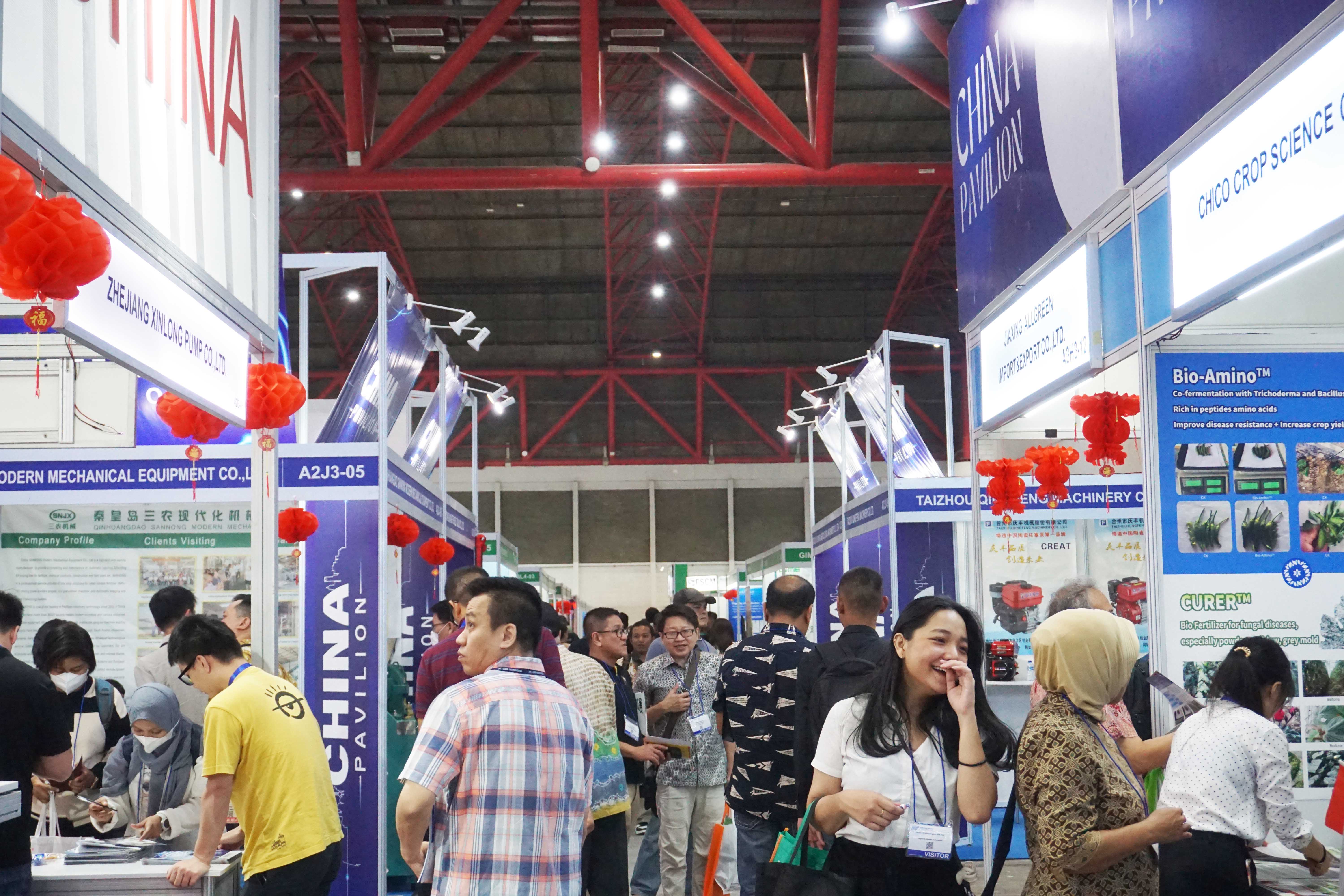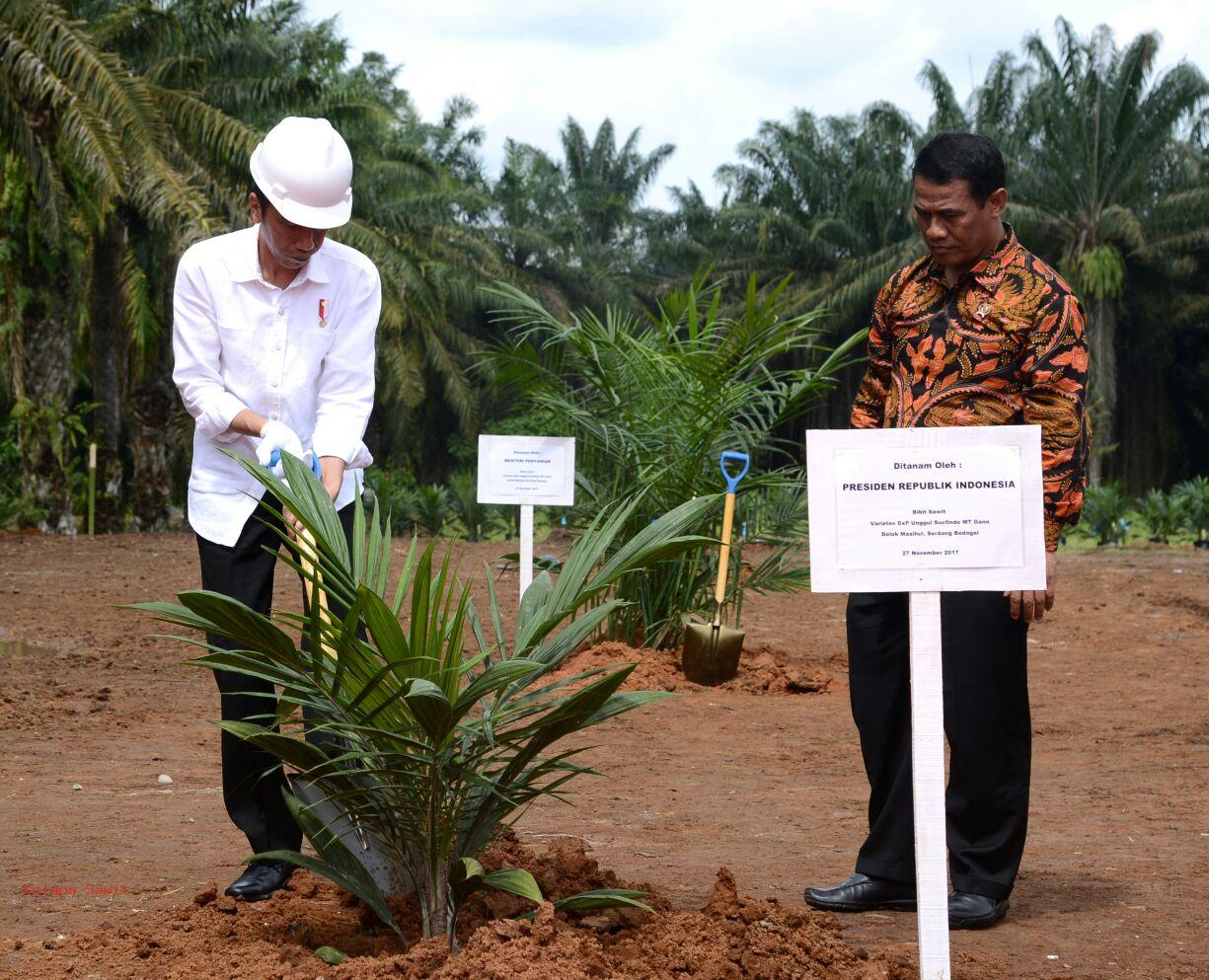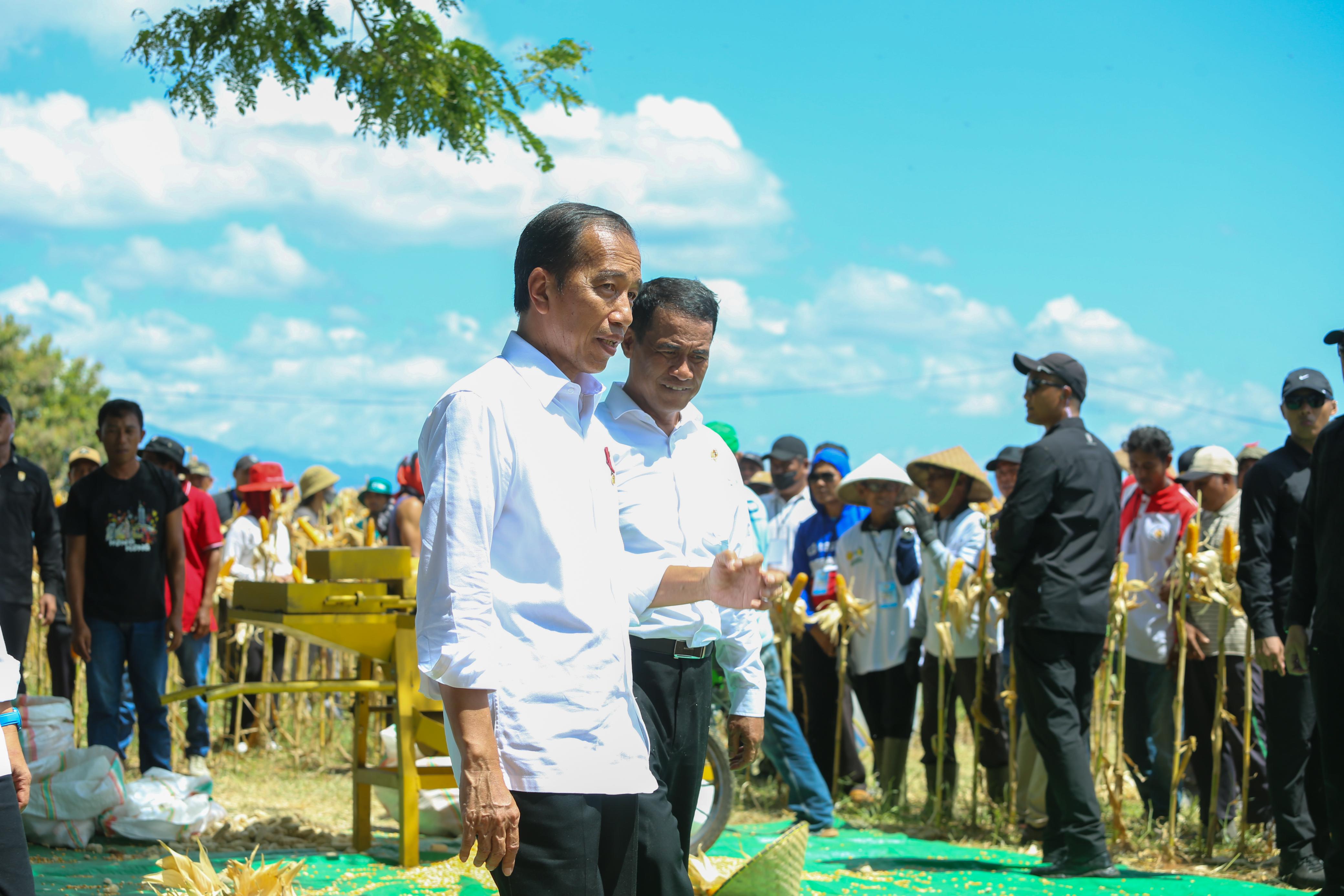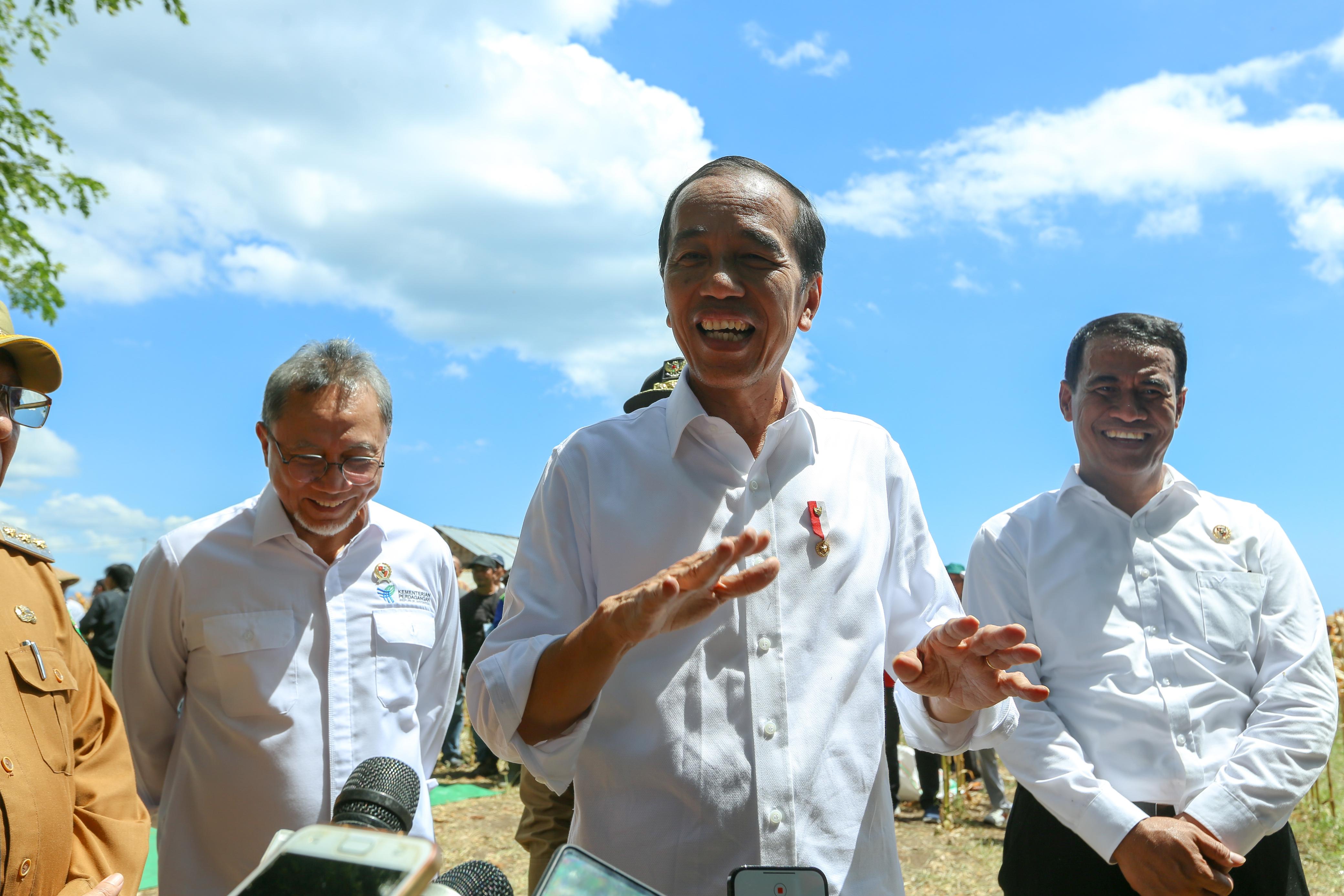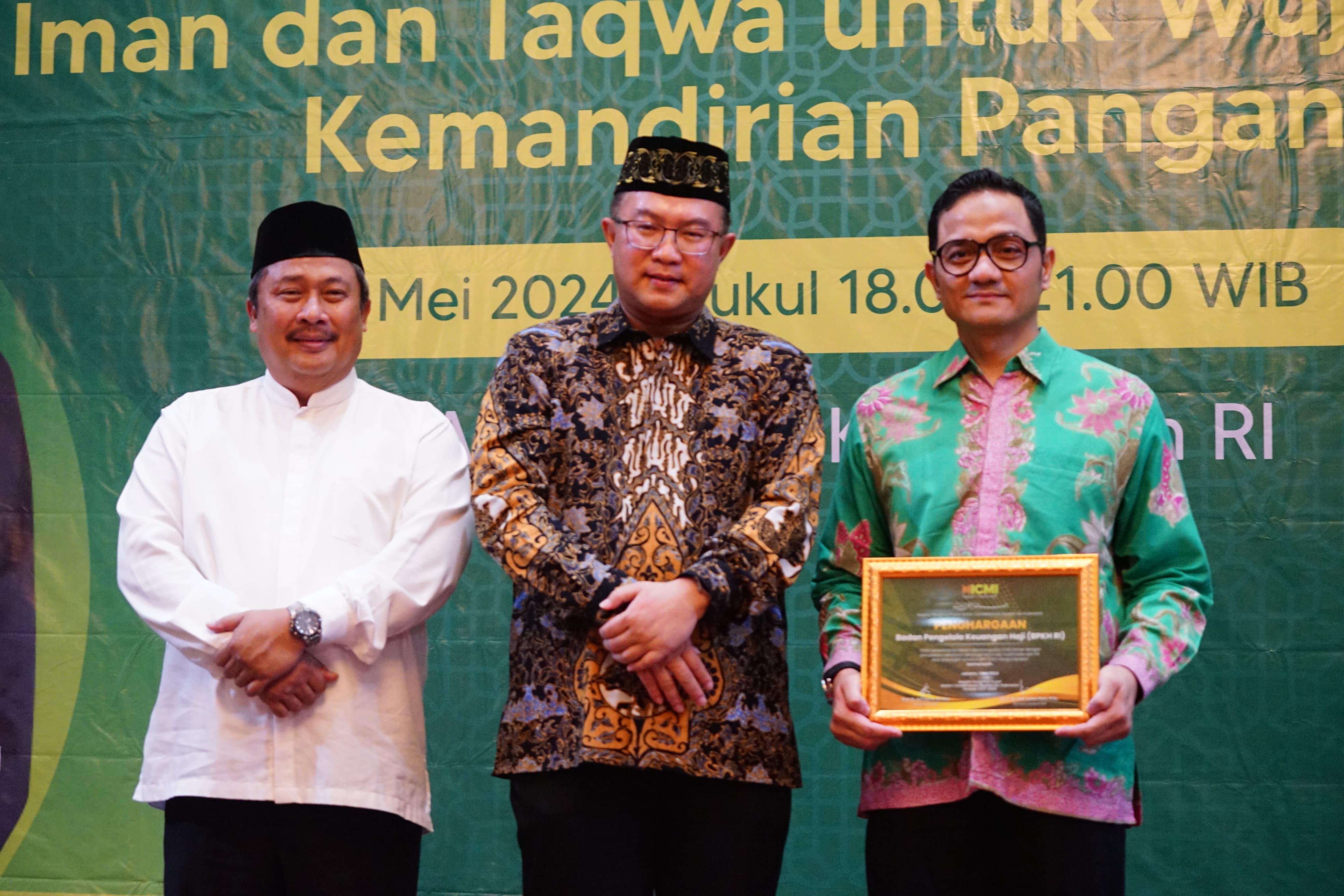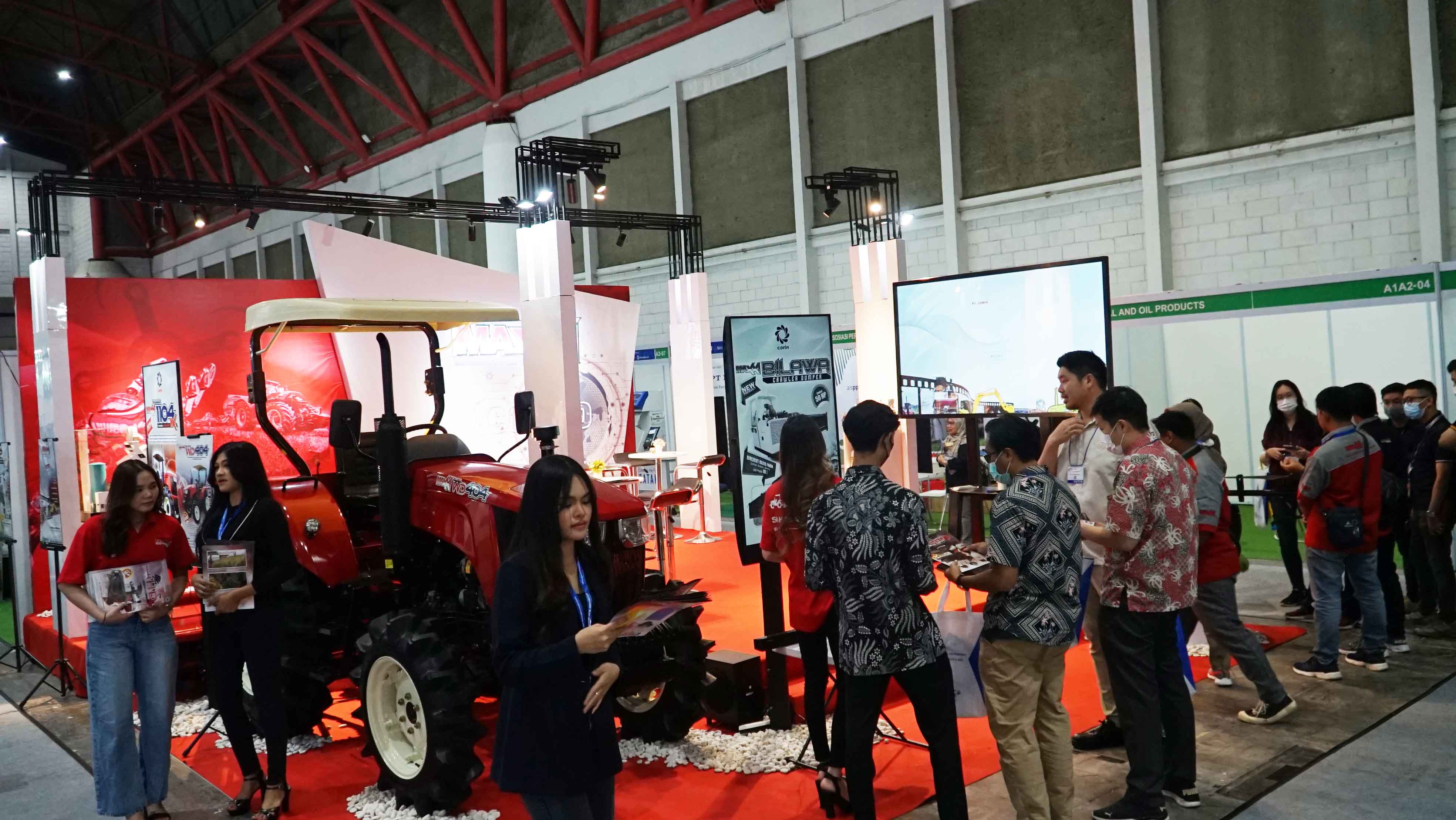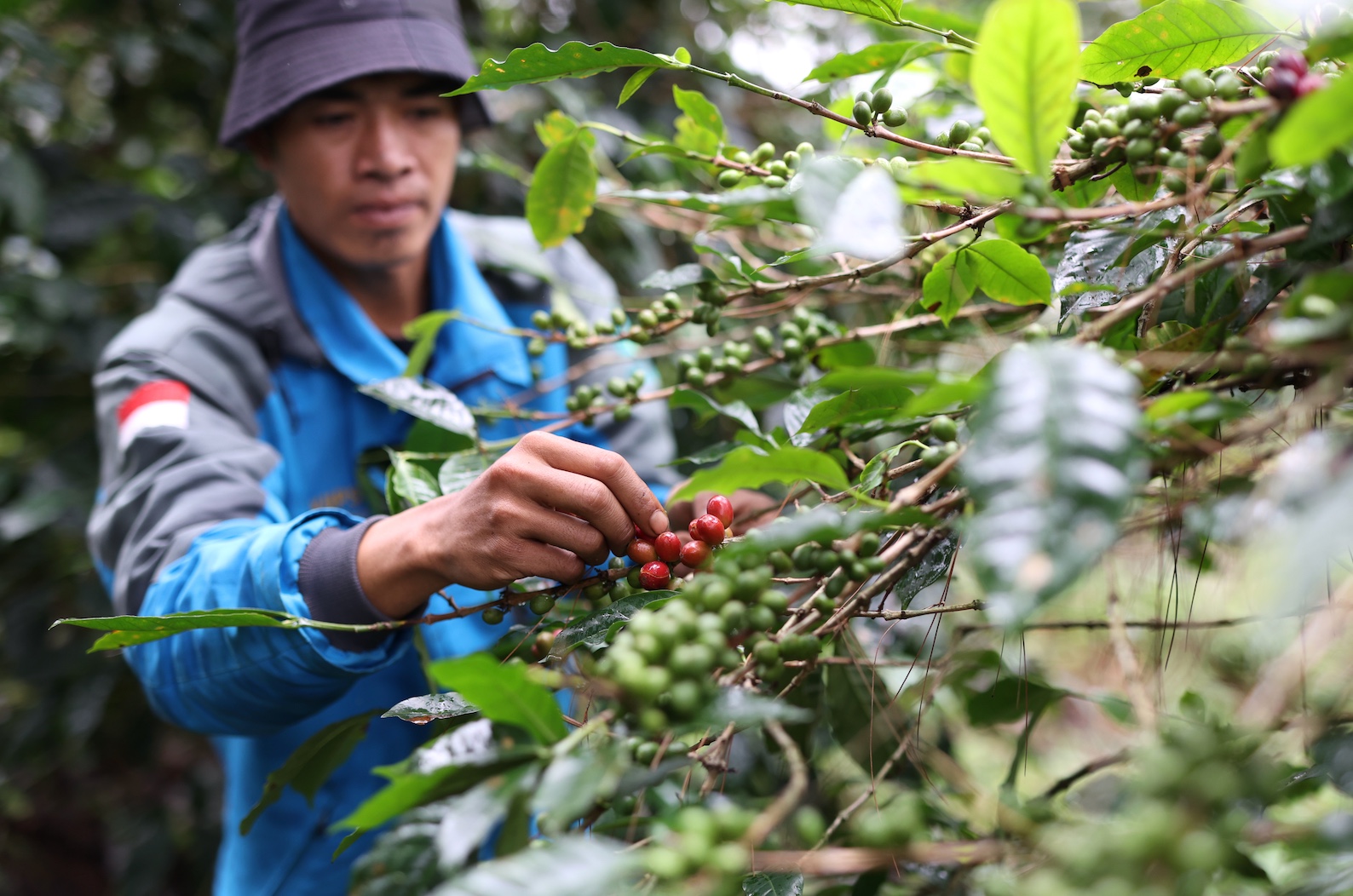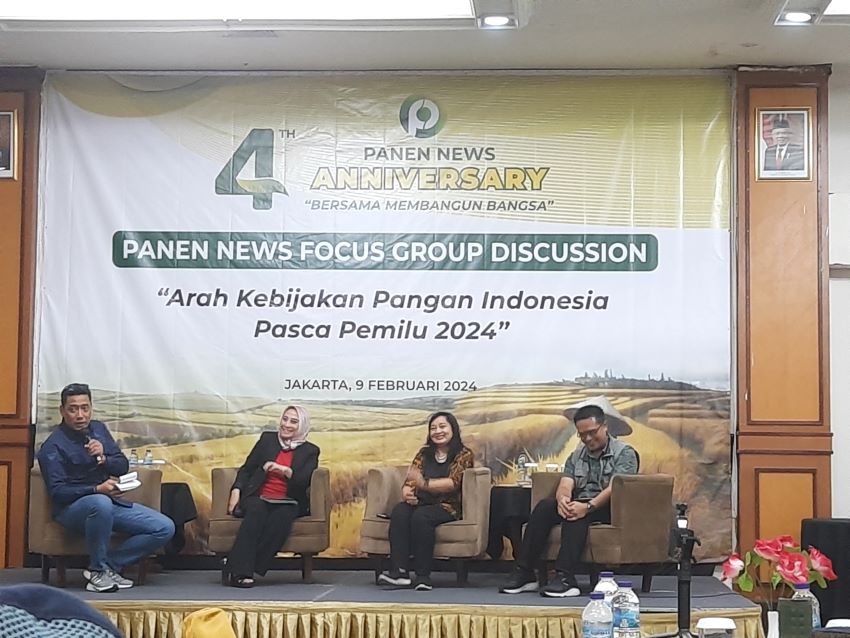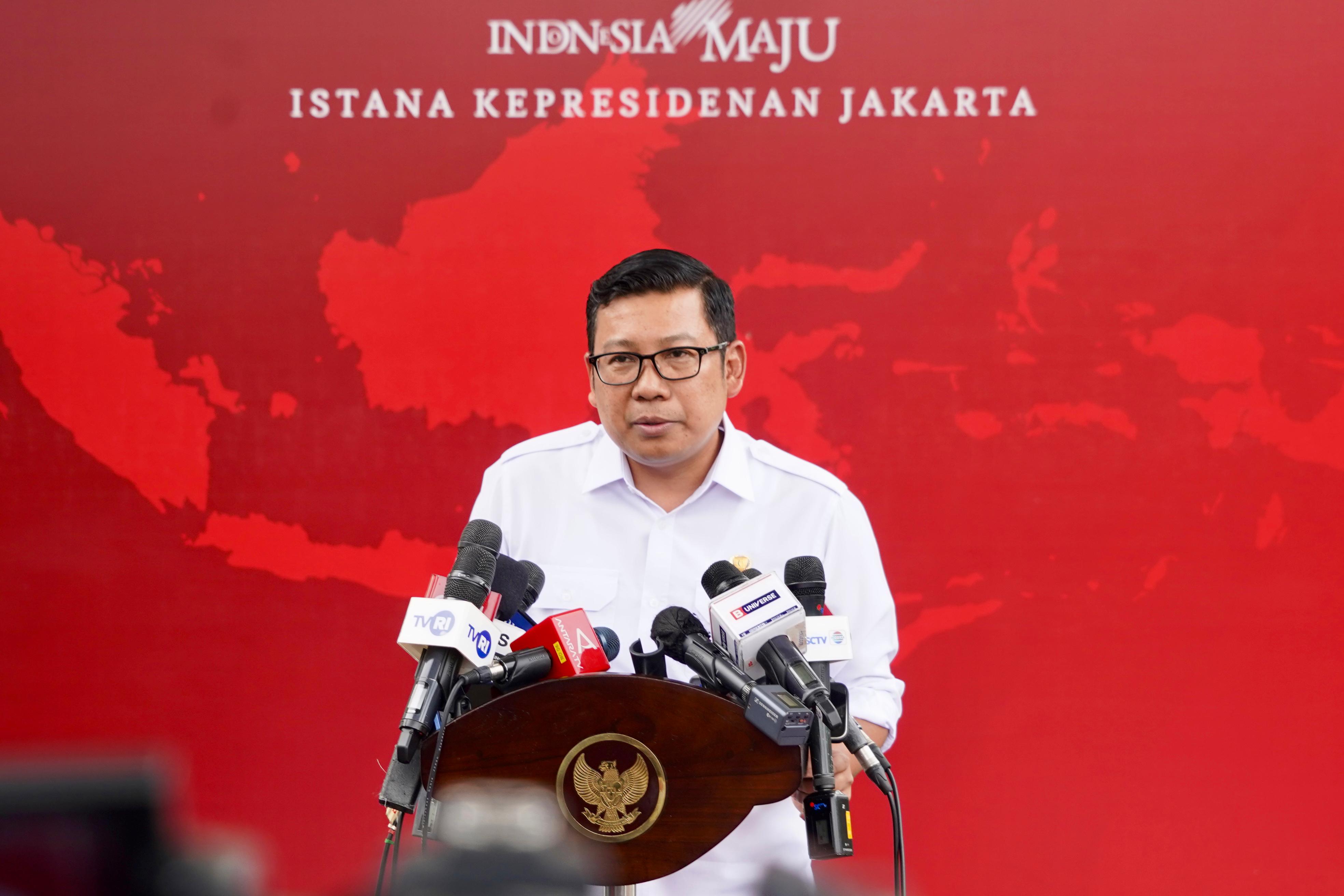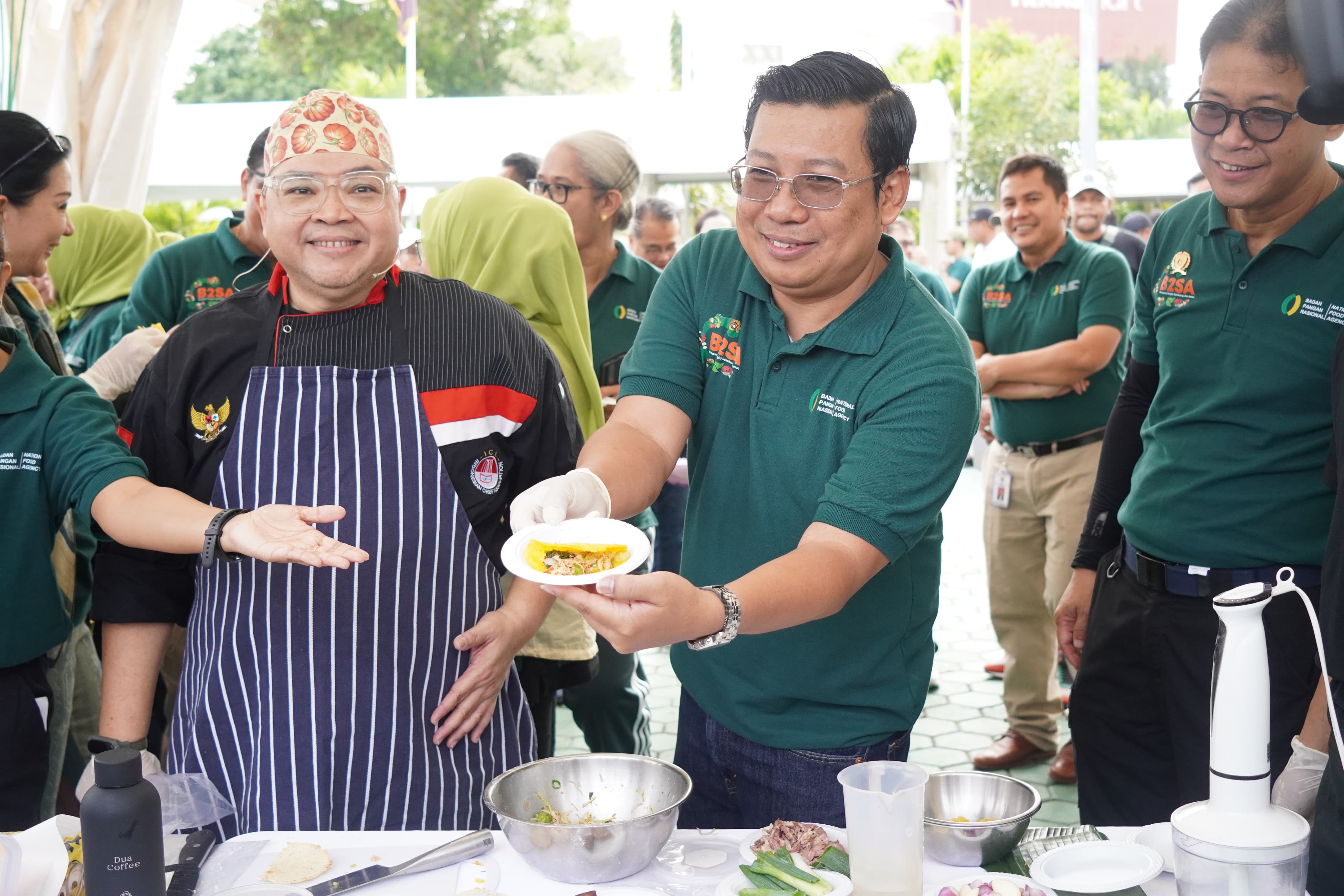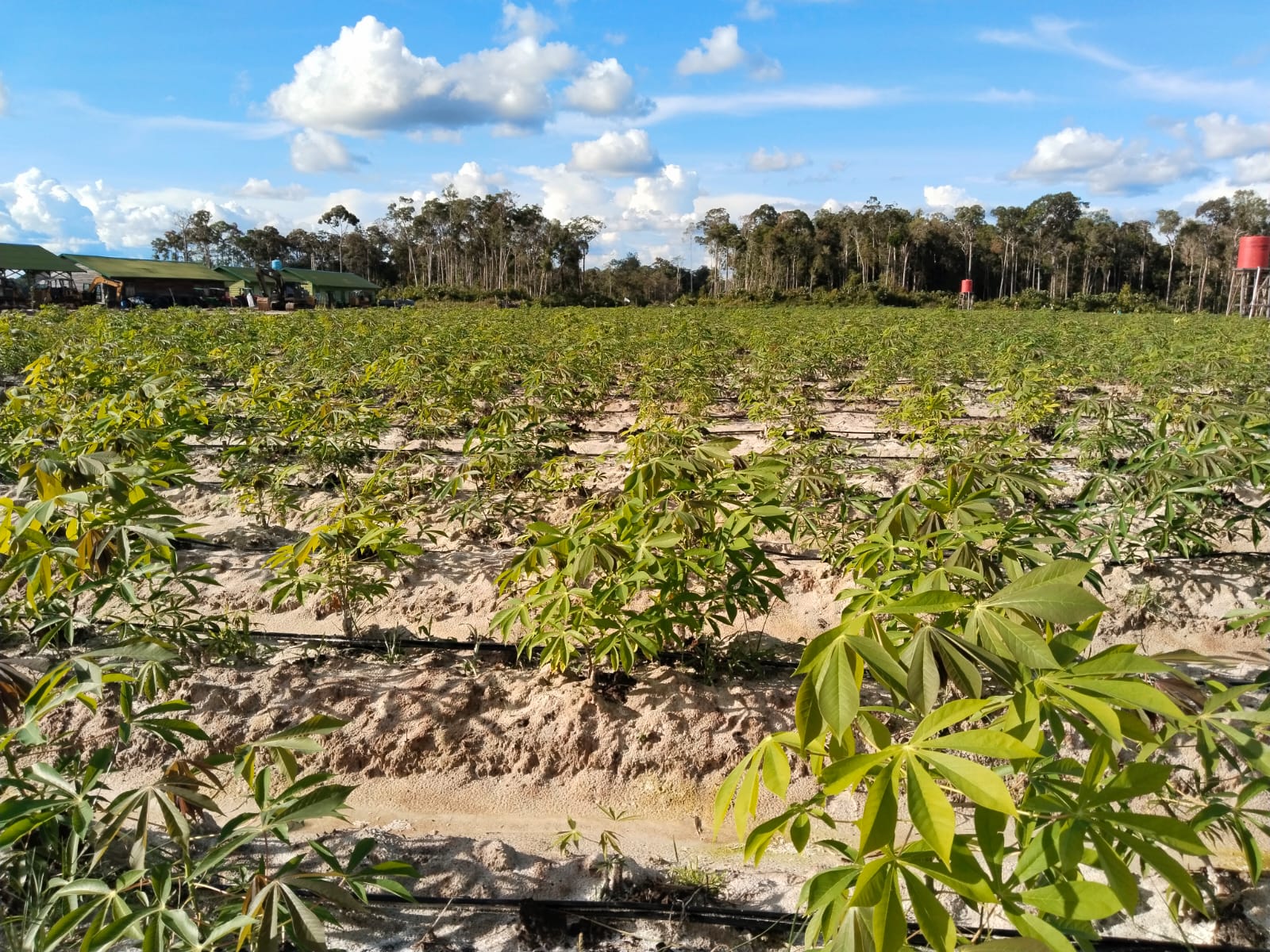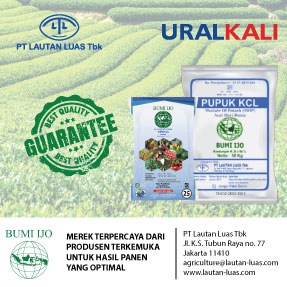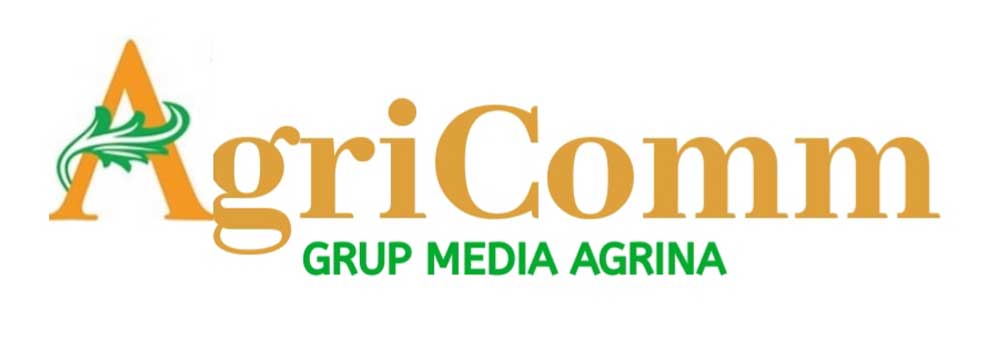
Santosa, President Director PT Astra Agro : Astra Agro s net profit in 2019 reached IDR 222 billions
JAKARTA (AGRINA-ONLINE.COM). In 2020 the world economy faces quite severe challenges, especially related to the covid-19 pandemic. The price of crude palm oil (CPO) fell as a result of the significant weakening of crude oil prices.
Nevertheless, PT Astra Agro Lestari Tbk (Astra Agro) recorded positive operational and financial performances. Operations of oil palm plantations and mills are running normally through the application of the strict covid-19 protocol. Meanwhile, the WFH (work from home) policy has been implemented for employees in the head office from March to early June 2020.
"We have pioneered the digitalization program since three years ago, so it is not difficult to run a plantation operation in the midst of a pandemic like today. The positive performance in the first quarter of 2020 is the evidence of operational excellence and cost efficiency that have been carried out at Astra Agro," said Santosa, President Director of Astra Agro, in a press statement after the Annual General Meeting of Shareholders (AGMOS) in Jakarta, Wednesday, 10 June 2020, held by live streaming. This method is held to implement health protocol amid covid-19 pandemic in Indonesia.
Since 2017, Astra Agro has developed digital innovations to manage operations online by applying digitalization in the process of maintenance, harvesting, digital based attendance and data analysis. Meanwhile, Astra Agro has implemented a boarding system in every palm oil mill as a solution in avoiding the accumulation of outside fruit queues. In terms of sales, the tender system has also been done through a digital application. Thus, the covid-19 protocol can be implemented to the fullest both in the head office and in the plantation operations.
Results of the 2020 AGMOS
2019 is a year full of challenges for the palm oil industry. CPO prices dropped significantly and had touched the lowest level of USD 497 / ton at the beginning of the second half of 2019. In addition, palm oil productivity also declined due to the impact of the long period of dry season in 2018 and mild El Nino in Indonesia in 2019. CPO prices increased during the last 2 months of 2019, giving a positive signal to the palm oil industry after the implementation of the mandatory B30 program by the Government of the Republic of Indonesia which has a positive impact on domestic palm oil absorption.
At the 2020 AGMOS, Astra Agro's shareholders approved the 2019 annual report, including the ratification of the Company's Board of Commissioners' supervisory report, and the ratification of the Company's consolidated financial statements for 2019, the determination of the use of the Company's net profit, and changes in the composition of the Company's management (the Board of Commissioners).
President Director of Astra Agro Santosa said the fall in CPO prices throughout 2019 had affected the company's performance. "Astra Agro's revenue in 2019 decreased 8.5% from Rp. 19.08 trillion to Rp. 17.45 trillion. Astra Agro's net profit in 2019 reached Rp 211 billion," Santosa said.
Santosa said that based on the AGMOS results, shareholders agreed to use 45% of the Company's net profit as dividends. Or IDR 49 per share distributed as cash dividends. "The remaining net profit is recorded as retained earnings of the Company," said Santosa.
At the AGMOS held on June 10, 2020, the shareholders decided to replace Djony Bunarto Tjondro with Johannes Loman as new commissioner, and appointed Ari Dono Sukmanto as Independent Commissioner.
The board of Commissioners
President Commissioner: Chiew Sin Cheok
Commissioner: Johannes Loman
Independent Commissioner: Sidharta Utama
Independent Commissioner: Angky Utarya Tisnadisastra
Independent Commissioner: Ari Dono Sukmanto
The Directors
President Director: Santosa
Vice President Director: Joko Supriyono
Director: Mario C. S. Gultom
Director: Rujito Purnomo
Director: M. Hadi Sugeng Wahyudiono
Director: Nico Tahir
Director: Said Fakhrullazi
First Quarter, Net Profit of Rp 371 Billion
Meanwhile, in January-March 2020, Astra Agro's net profit increased by 892% to Rp 371.06 billion compared to the same period in 2019. "With the increase, earning per share has also increased by 891.72% from Rp 19.44 in the quarter of 2019 to Rp 192.79 in the first quarter of 2020," Santosa said.
The increase in the company's net profit for the first quarter of 2020 was driven by an increase in the average selling price of palm oil by 45% to Rp 9,037 / kg. In the same period, Astra Agro's net income rose 13.3% from Rp 4.23 trillion to Rp 4.80 trillion.
"The weather factor affected FFB production in the first quarter of this year," Santosa said.
From an operational aspect, in the first quarter of 2020, Astra Agro's FFB production fell 8.5% from 1.21 million tons to 1.1 million tons. Production of crude palm oil (CPO) fell 14.6% from 415 thousand tons to 354 thousand tons. Olein production increased by 20.9% from 83.6 thousand tons to 101.1 thousand tons.
To increase productivity and efficiency for the company throughout 2020, Astra Agro will apply the Company's strategic plan for 2020 including continuing the intensification, mechanization and automation program through the application of technology.
To increase company productivity and efficiency throughout 2020, Astra Agro implemented the Company's strategic plan by continuing the intensification, mechanization and automation program through the application of technological innovation. In addition, the Company conducts research to develop superior seeds and their applied applications, as well as continuing downstream industrial operations and rolling out replanting programs.
In increasing sales volume, Astra Agro continues to develop cooperation with the surrounding community plantations. The company is committed to implementing sustainable business governance by carrying out the four pillars of Corporate Social Responsibility (CSR) namely education, economy, health and the environment.
Peni Sari Palupi





